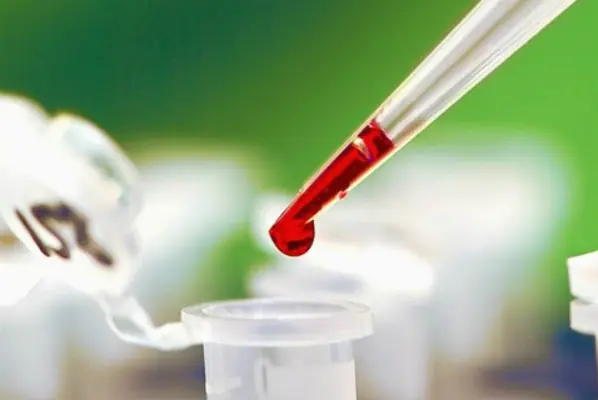Researchers at the University of East Anglia have taken an important step towards predicting human life expectancy. With the help of a simple blood test, they were able to find out how much time a person might have left in this world.
One of the key factors influencing life expectancy is the rate of aging. Scientists were able to successfully measure the rate of aging of wild birds, which opened up the possibility of doing the same in humans. By measuring the length of telomeres - the ends of chromosomes - researchers can determine a person's "biological" age, which differs from his passport age.
Telomere length shortens whenever a cell goes through a period of division. If a person is destined to die from natural causes caused by aging, then measuring the length of telomeres can help determine how much time he has left to live.
These blood tests are already quite widely used as part of animal experiments. However, now scientists can use them on humans. In the near future, a test will be created that will make it possible to determine a person’s life expectancy, most accurately predicting the “biological clock” of his body.
One company in England is already offering people a £400 test to measure their telomere length, which will indicate their likely life expectancy. However, as scientists note, life expectancy depends not only on the rate of aging, but also on many other factors, such as lifestyle, heredity and ecology.
Either way, the discovery of such a test could give people more information about their health and help them make more informed decisions in their lives.



